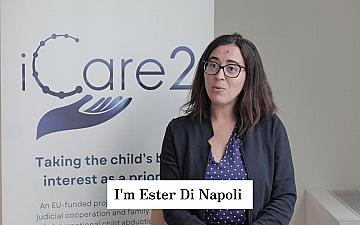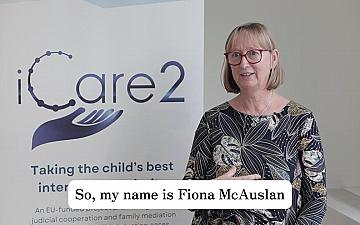Tattoos have been a part of human culture for thousands of years and are a popular form of self-expression, especially among young people. Unfortunately, there is a lot of disinformation about tattoos, which can lead to confusion and even harm. In this article, we'll look at some of the most common types of disinformation about tattoos among young people and the harmful effects they can have.
One of the most common forms of disinformation about tattoos is the belief that they are always dangerous and can lead to health problems. While it is true that getting a tattoo carries some risk of infection or other complications, these risks can be significantly minimized by choosing a reputable tattoo artist and following the correct instructions for subsequent care. In addition, if proper hygiene and safety procedures are followed, getting a tattoo is usually safe and carries minimal risk of infection or other complications.
Another common form of disinformation about tattoos is the belief that they are always a sign of rebellion or criminality. While it is true that tattoos are associated with certain subcultures and countercultural movements, tattoos are now widely accepted and are no longer seen as an act of rebellion or a sign of potential criminal activity by the tattooed person. On the contrary, many young people from all spheres of life get tattoos as a form of self-expression, and tattoos can be found in almost every professional field.
A third common form of disinformation about tattoos is the belief that they will ruin your chances of getting a job or being successful. While it is true that some employers may have dress codes that prohibit visible tattoos, tattoos are becoming more accepted in the workplace. In fact, a number of employers may even view tattoos as a sign of creativity and individuality.
A fourth form of disinformation about tattoos is the belief that they are always permanent and cannot be removed. Despite the fact that tattoos are generally considered a permanent form of body art, nowadays .
The spread of disinformation about tattoos can have a harmful impact on young people. It can discourage them from expressing themselves creatively, lead to unnecessary fear and stigma, and even discourage them from pursuing their dreams.
It is important for young people to be educated about the facts surrounding tattoos and make informed decisions. In this way, they will be able to express themselves creatively and enjoy the beauty and uniqueness of tattoos.









